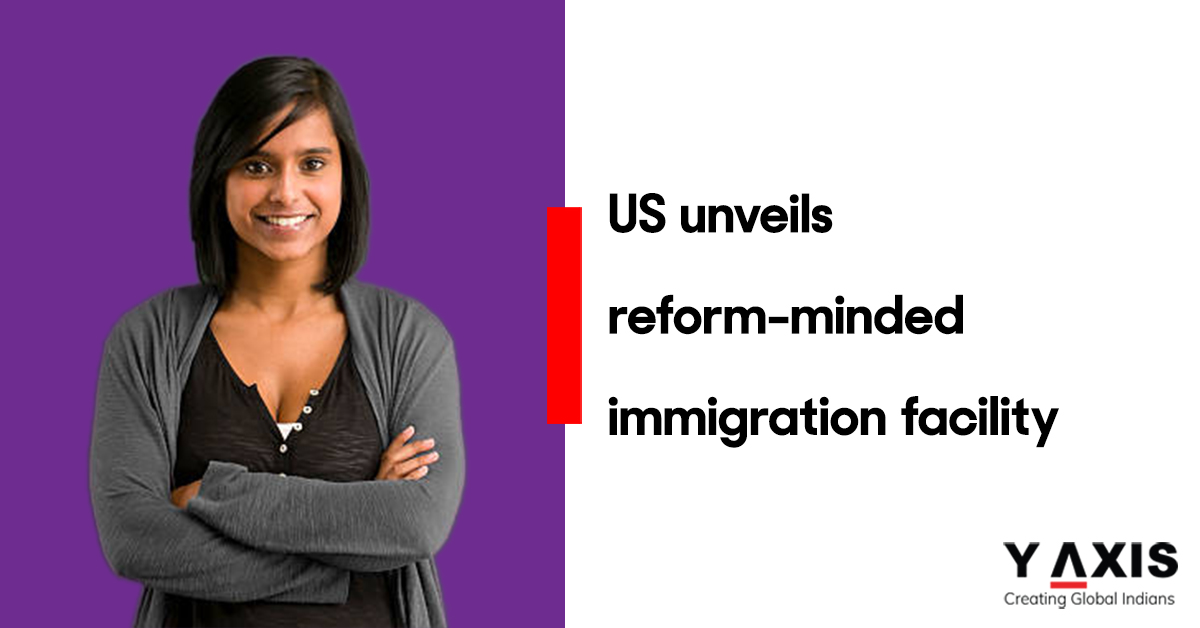Posted on March 15 2012
US unveils reform-minded immigration facility
By , Editor
Updated April 10 2023
 Karnes County Civil Detention Center
Karnes County Civil Detention Center
KARNES CITY, Texas (AP) - A 608-bed facility unveiled Tuesday in Texas represents what federal officials say is a centerpiece of the Obama administration's pledge to overhaul America's much-maligned system for jailing immigration offenders. Although the U.S. Immigration and Customs Enforcement facility has heavy security, with doors that lock electronically and windows made of reinforced glass, officials insist this isn't a prison. Guards don't carry handcuffs, there's no wall around the facility, and the exterior is painted a crisp royal-blue and burgundy. The rooms have four bunk beds, a private bath, television and phone, which they can use to make international calls for just 15 cents per minute - rates mostly unheard of on the outside. There's not even a lights out policy at night, with the residents free to wander common areas even during designated sleeping time. The White House promised three years ago to rethink its detention policies, in response to civil-liberties lawsuits filed on behalf of families held at a crowded central Texas facility where children were held behind razor barbed-wire. The Karnes County Civil Detention Center in this tiny South Texas town, 60 miles (96 kilometers) southeast of San Antonio, was intended to be more humane to detainees - though some activists argue they shouldn't be locked up at all. "We needed to do better. We needed to improve our detainee treatment," said Gary Mead, executive associate director for ICE's Enforcement and Removal Operations. Some conservatives, however, fear the $32 million civil detention center unveiled Tuesday is coddling criminals. Most of the inmates held here will be those arrested after sneaking across the border in the Rio Grande Valley and other parts of Texas. Officials are retrofitting facilities in California, Virginia and New Jersey to make them more like the one here, and also constructed more-restrictive detention centers in Florida and Illinois for medium- and high-risk detainees. The Texas center will hold only adult males considered low-risk detainees, and they won't begin arriving for about three weeks. But ICE invited reporters and representatives from non-government groups like the American Civil Liberties Union to tour the facility on Tuesday. The Karnes facility's gym has weight-lifting equipment, a soccer field, indoor and outdoor basketball courts and sand and nets for beach volleyball. There are 117 pay phones, and besides the cheap international calls, domestic ones are just 10 cents a minute. There's a law library, a walk-up pharmacy and a computer lab that's often open 13 hours a day and offers free internet access. Dayrooms have TVs tuned to channels in English and Spanish, microwaves, tables for board games and washers and dryers so inmates can do their own laundry. Lisa Graybill, legal director of the ACLU of Texas, said, "this is their new model civil detention facility, but it's still going to involve detaining people who don't need to be detained." "It sounds good but our concern is it's not actually going to be good," said Graybill, who said her group is troubled that profit margins maybe more important than detainee welfare. She said that the Obama administration should scrap U.S. policy adopted in 2005 of detaining nearly all immigration offenders, and instead only lock up only those considered most-dangerous, including any with past criminal records. Others could be given electronic ankle bracelets to ensure they appear for future court dates, she said. Mead said ICE had increased its use of ankle bracelets and other alternatives to detention, and now has about 23,000 people in such programs compared to about 18,000 last year. He said it costs the federal government about $122 per day per immigration detainee and that those outside detention are cheaper - but their cases are processed more slowly. The ACLU sued in 2007 over incarcerating families at the T. Don Hutto detention center just northeast of Austin, Texas, alleging inhumane conditions. Authorities removed all families and sent them to a facility in Pennsylvania, and Hutto now only houses females. The detention system has grown from 7,500 beds in 1995 to more than 33,000 today - as have reported abuses such as medical neglect of detainees and denial of due process. ICE removes nearly 400,000 illegal immigrants per year, and has reduced the average length of stay to about 30 days. Not all detainees are illegal immigrants. Some entered the country legally and committed a crime, making them deportable, but many people in detention have not been convicted. Others are seeking asylum. The Obama administration recently released more than 400 pages of guidelines for illegal immigrants held in federal custody, and Rep. Lamar Smith, a Texas Republican, called them "more like a hospitality guideline for illegal immigrants." Mead said Tuesday that inmates at Karnes aren't "living in the lap of luxury." "They are not free to leave," he said. Will Weissert 14 Mar 2012
Tags:
immigration offenders
Karnes County Civil Detention Center
reform-minded immigration facility
Share
Options for you by Y-Axis
Get it on your mobile
Get News alerts
Contact Y-Axis

